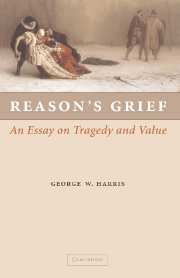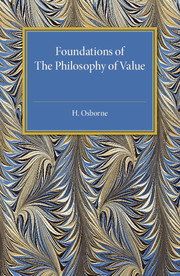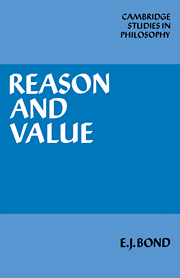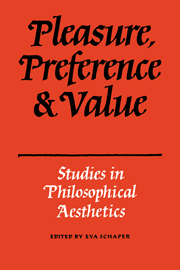Reason's Grief
Reason's Grief takes W. B. Yeats's comment that we begin to live only when we have conceived life as tragedy as a call for a tragic ethics, something the modern West has yet to produce. Harris argues that we must turn away from religious understandings of tragedy and the human condition and realize that our species will occupy a very brief period of history, at some point to disappear without a trace. We must accept an ethical perspective that avoids pernicious fantasies about ultimate redemption but that sees tragic loss as a permanent and pervasive aspect of our daily lives, yet finds a way to think, feel and act with both passion and hope. Reason's Grief takes us back through the history of our thinking about value to find our way. The call is for nothing less than a paradigm shift for understanding both tragedy and ethics.
- Offers a secular alternative to religious traditions regarding the nature of tragedy and how to cope with it
- Posits an interpretation of the relevance of Greek thought to ethics that goes back to Homer as more fundamental than Plato or Aristotle
- Offers another view of the idea of progress and the trajectory of history
Reviews & endorsements
"Harris is not nihilistic. He vociferously argues that tragic pluralism leads away from nihilism, which he describes as 'pseudo-intellectual, a theory of value for the emotionally vacuous' (p. 85). It is statements like these that make Harris difficult to ignore. He scrupulously avoids philosophical extremes and often seems at odds with any type of intellectual, religious, or cultural certitude. The boldness of his critique is shot through with an earnest conviction that increasing out tragic sense will amplify our passion for life." - Earl D. Bland, PsycCritiques
Product details
July 2006Hardback
9780521863285
314 pages
229 × 22 × 152 mm
0.63kg
Available
Table of Contents
- An aesthetic prelude
- 1. The problem of tragedy
- 2. The dubious ubiquity of reason
- 3. Nihilism
- 4. Pessimism
- 5. Monism: an epitaph
- 6. Moralism and the inconstancy of value
- 7. Moralism and the impurity of value
- 8. Best life pluralism and reason's regret
- 9. Tragic pluralism and reason's grief
- 10. Postscript on the future: the idea of progress and the avoidance of despair.






